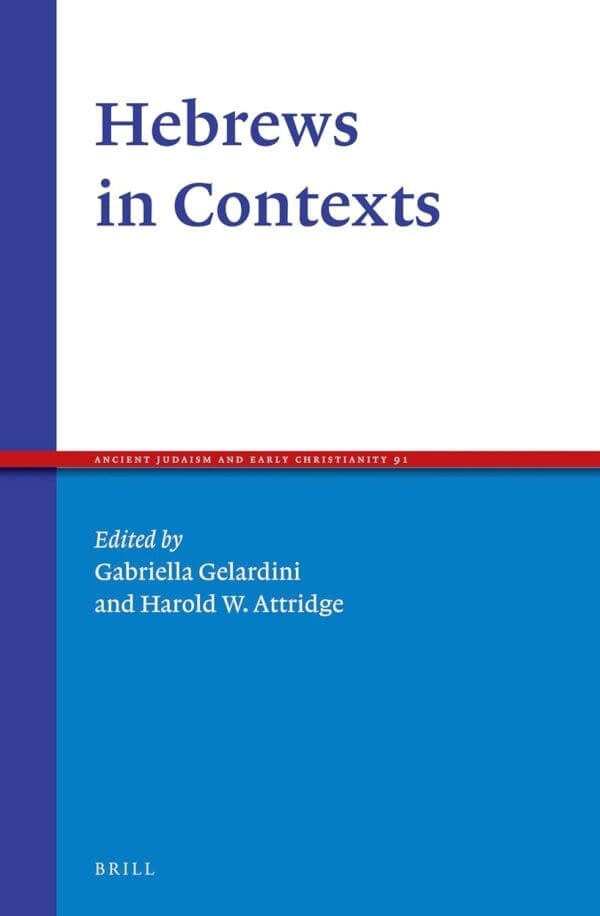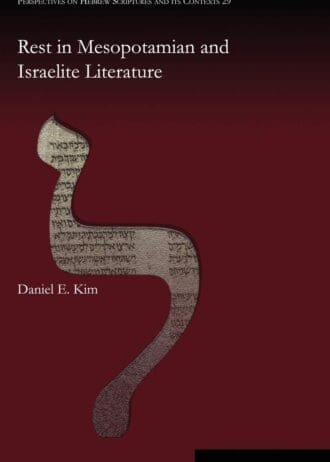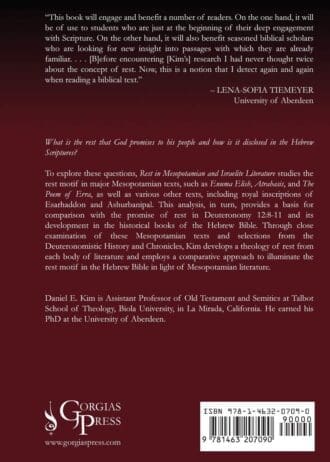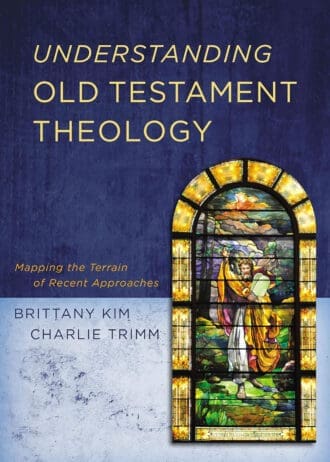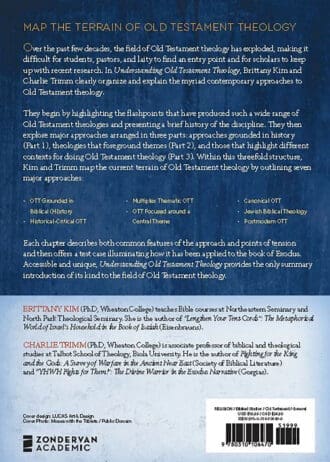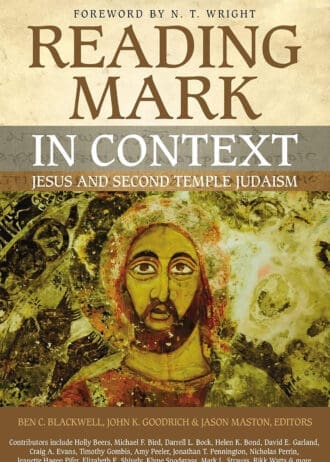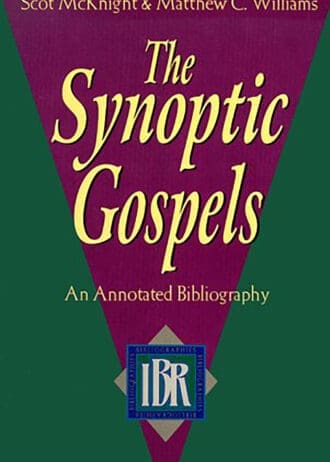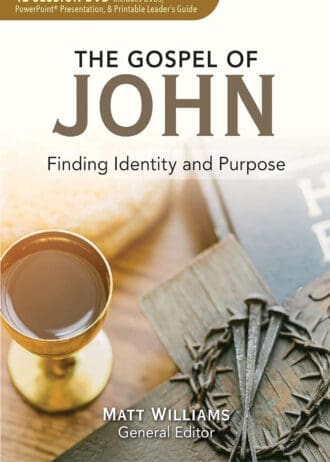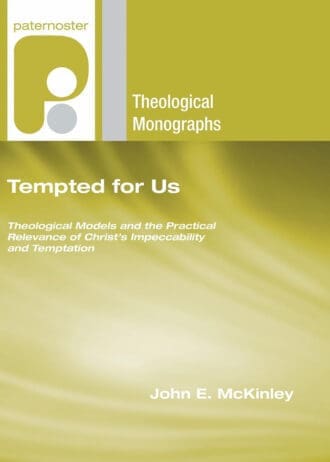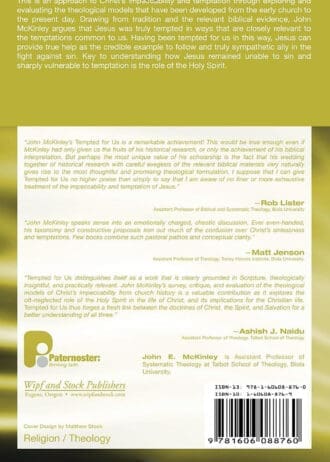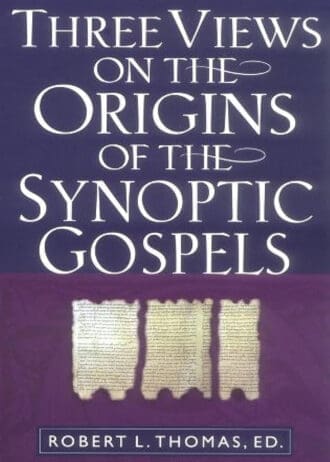Scholars of Hebrews have repeatedly echoed the almost proverbial saying that the book appears to its reader as a “Melchizedekian being without genealogy”. For such scholars the aphorism identified prominent traits of Hebrews, its enigma, its otherness, its marginality. Although Franz Overbeck might unintentionally have stimulated such correlations, they do not represent what his dictum originally meant. Writing during the high noon of historicism in 1880, Overbeck lamented a lack of historical context, one that he had deduced on the basis of flawed presuppositions of the ideological frameworks prevalent of his time. His assertion made an impact, and consequently Hebrews was not only “othered” within New Testament scholarship, its context was neglected and by some, even judged as irrelevant altogether. Understandably, the neglect created a deficit keenly felt by more recent scholarship, which has developed a particular interest in Hebrews’ contexts. Hebrews in Contexts, edited by Gabriella Gelardini and Harold W. Attridge, is an expression of this interest. It gathers authors who explore extensively on Hebrews’ relations to other early traditions and texts (Jewish, Hellenistic, and Roman) in order to map Hebrews’ historical, cultural, and religious identity in greater, and perhaps surprising detail.
Rest in Mesopotamian and Israelite Literature – Hardcover
What is the rest that God promises to his people and how is it disclosed in the Hebrew Scriptures? To explore these questions, Rest in Mesopotamian and Israelite Literature studies the rest motif in major Mesopotamian texts, such as Enuma Elish, Atrahasis, and The Poem of Erra, as well as various other texts, including royal inscriptions of Esarhaddon and Ashurbanipal. This analysis, in turn, provides a basis for comparison with the promise of rest in Deuteronomy 12:8-11 and its development in the historical books of the Hebrew Bible. Through close examination of these Mesopotamian texts and selections from the Deuteronomistic History and Chronicles, Kim develops a theology of rest from each body of literature and employs a comparative approach to illuminate the rest motif in the Hebrew Bible in light of Mesopotamian literature.

